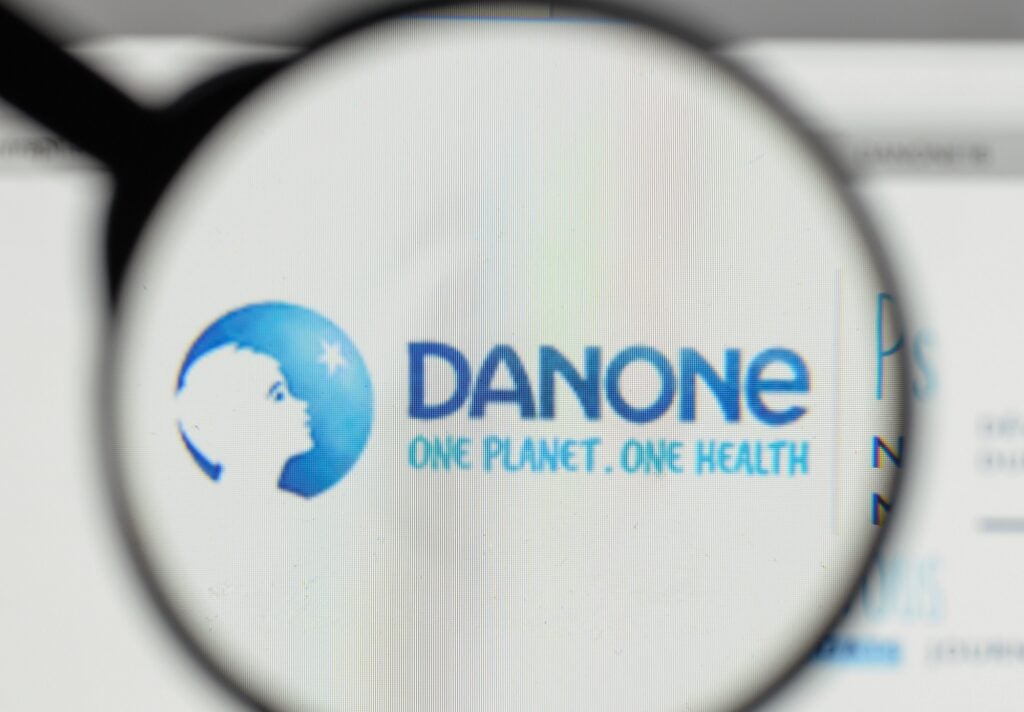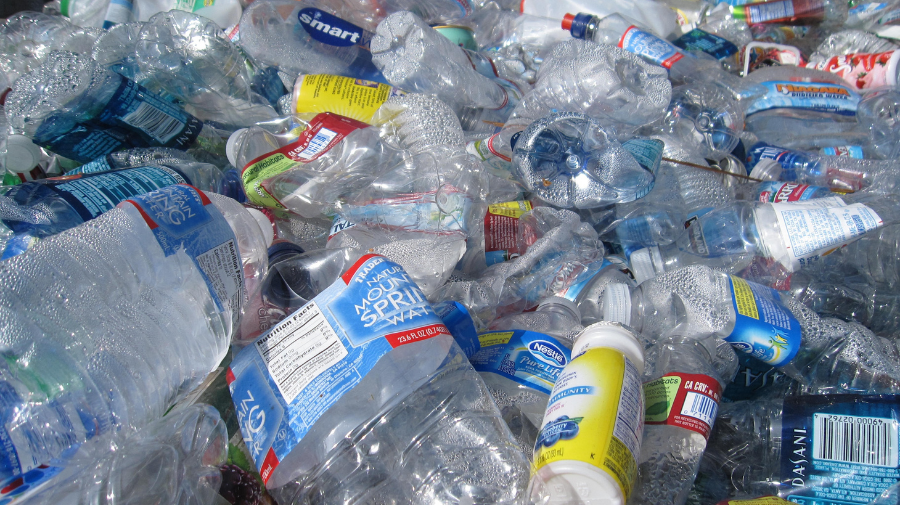The World Health Organization (WHO) has listed ultra-processed foods (UPFs) and alcohol among four products that cause of 19 million deaths per year globally.
A new report from the WHO claimed that UPFs and alcohol, alongside tobacco and fossil fuels, cause 34% of global deaths each year.
The group said specific powerful industries are “driving ill-health and premature mortality across Europe and central Asia, including through interfering in and influencing prevention and control efforts for non-communicable diseases (NCDs) such as cardiovascular diseases, cancers and diabetes, and their risk factors including tobacco, alcohol, unhealthy diets and obesity”.
In the European region, nearly 7,500 deaths per day are attributed to these “commercial determinants”, according to the report.
Diving into the data, the WHO said 426,857 deaths per year in Europe are caused by alcohol, with 117,290 caused by diets high in processed meats and 252,187 by diets high in salt.
Meanwhile, smoking stands as the biggest killer, responsible for 1.15 million deaths per year in the region.
However, these figures do not include deaths caused by obesity, high blood pressure, high blood sugar nor high cholesterol levels – all of which are linked to unhealthy diets, the organisation said.
“Four industries kill at least 7000 people in our region every day. The same large commercial entities block regulation that would protect the public from harmful products and marketing, and protect health policy from industry interference,” said Dr Hans Henri P. Kluge, WHO regional director for Europe.
“Industry tactics include exploitation of vulnerable people through targeted marketing strategies, misleading consumers and making false claims about the benefits of their products or their environmental credentials. These tactics threaten public health gains of the past century and prevent countries from reaching their health targets.
“WHO/Europe will work with policy-makers to strengthen tactics to protect against and reduce harmful industry influence. Today, we provide indisputable evidence of harmful commercial practices and products, and we say: people must take precedence before profit, always.”
The new report added: “While legal measures regulating alcohol and unhealthy food marketing are in existence in several countries across the WHO European region and across the world, these are often narrow in scope, focused on specific media or settings, certain population groups or on specific marketing techniques, and therefore confer insufficient protection.”
The WHO report said the “main goals are to generate profit, maximise product sales and drive consumption” for these giant companies.
The organisation described it as a call to action for the 53 member states in the European region to address the major threat of non-communicable diseases by tackling commercial influence at all levels.
Belgian deputy prime minister, Frank Vandenbroucke, who launched the study, said: “For too long we have considered risk factors as being mostly linked to individual choices.
“We need to re-frame the problem as a systemic problem, where policy has to counter ‘hyper-consumption environments’, restrict marketing, and stop interference in policy making.”
However, Rebeca Fernández, science director at industry association FoodDrinkEurope, said: “To connect the consumption of processed foods with the tobacco and fossil fuel industries is irresponsible and outrageously misleading. We all need food – and we all need processed food.
“Unfortunately the WHO report does not acknowledge that there is no agreed definition of what ultra-processed foods are, let alone their impact on health, which is why last year the UK Scientific Advisory Committee on Nutrition and the Nordic Nutrition Guidelines concluded, respectively, that the evidence was insufficient to use UPF terminology to define public health guidelines and that it detracts from well-established food classifications and dietary recommendations.”
In March, the International Food and Beverage Alliance (IFBA) secretary general Rocco Renaldi spoke with Just Food about the challenges an overly simplistic demonisation of processed foods creates for food manufacturers, how he believes this could undermine the role companies are playing in building a sustainable food system and how IFBA intends to engage in the UPF debate.
















